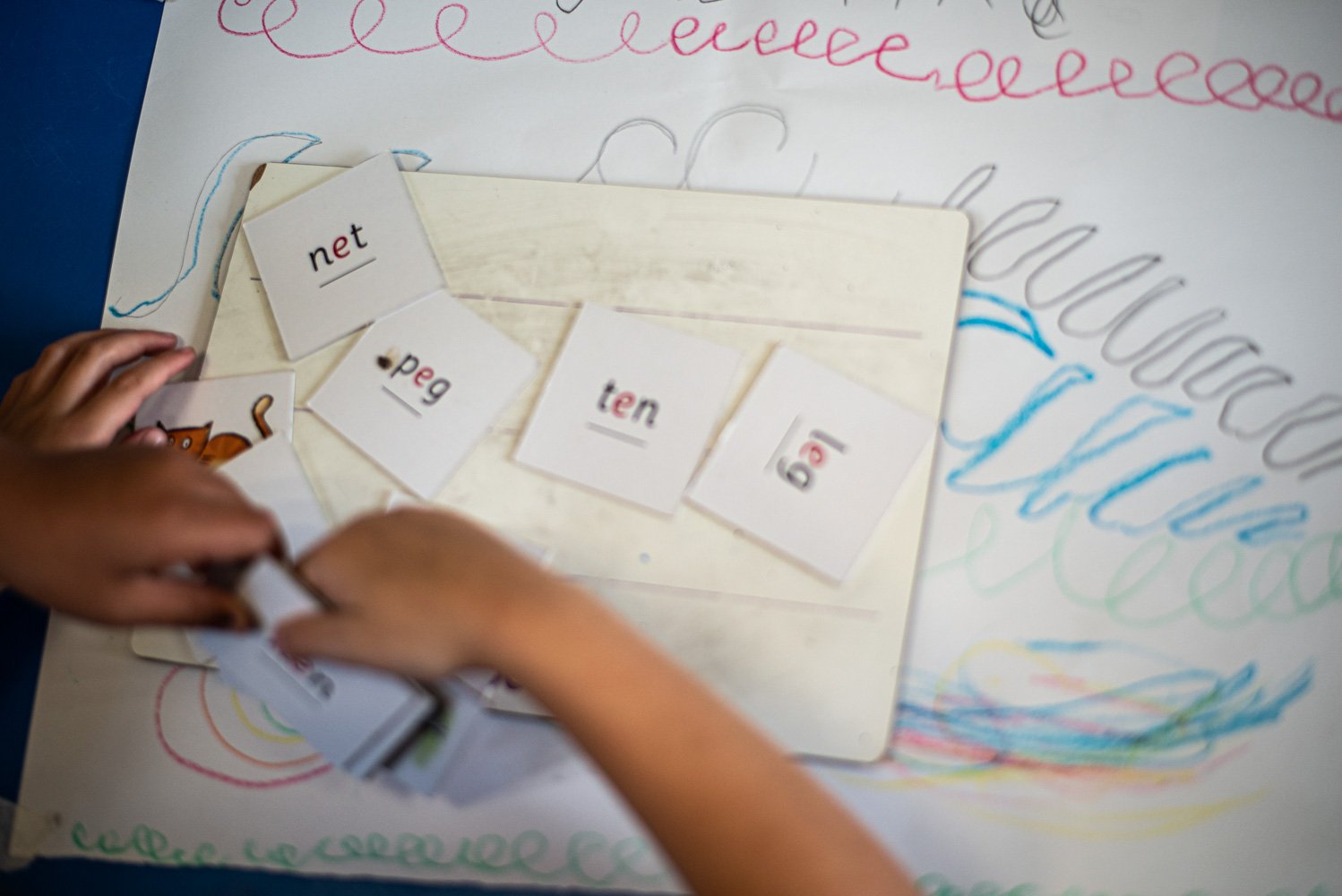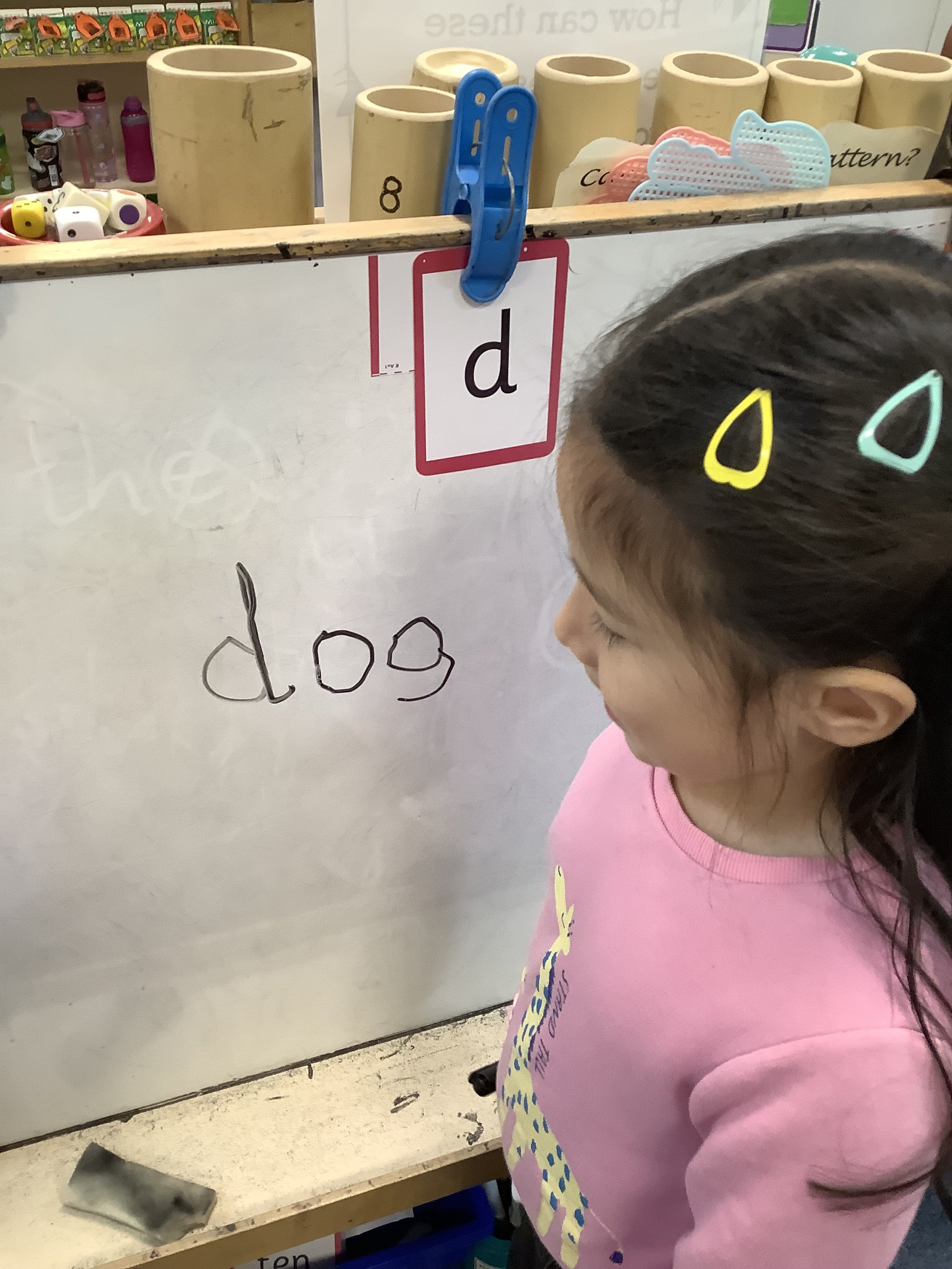
English at Stubbings
We have adopted a rigorous, systematic, synthetic phonics programme; Little Wandle Letters and Sounds Revised. It’s structured approach and awareness of avoiding cognitive overload means our learners are acquiring the phonic knowledge they need to read and spell quickly and with confidence.
Regular group reading sessions which have a specific focus on decoding, prosody and comprehension form a structured approach to the teaching of reading which begins with decodable books. We want our learners to be confident readers that develop a love of reading. we chose high quality texts for our English lessons, to read to the children and for our book corners and school library.
We use VIPERS to ensure that a wide range of comprehension questions are asked during English lessons and to to support group reading once children have ‘graduated’ phonics.
We develop children’s writing through a rigorous approach to the teaching of spelling, punctuation and grammar.
We follow the progression of the PenPals handwriting scheme to teach handwriting
Our aim is to make sure all children make sufficient progress to meet or exceed age-related expectations in reading and writing.
Writing
We teach writing through enjoyable stories, poetry and information texts in which children can become immersed in. On the journey to writing a longer piece, children are given the opportunity to explore the language, characters, setting and features within the text. They are given incidental, smaller pieces of writing as they read through the text and are encourage to explore the grammar and punctuation used by the author.
In EYFS children also explore stories through well resourced and imaginative provision which is enhanced by the teacher, encouraging them to mark make and engage in early writing experiences.
We are currently using some well chosen texts and overviews from CLPE Power of Reading and No Nonsense Literacy to engage our children in writing.
-
Spelling
Spelling Zappers and Non Nonsense Spelling are used in KS1 to practice and strengthen spelling of common exception words, tricky words and phonic spelling patterns. Children are encouraged to practice spellings at home.
-
Grammar and Punctuation
Grammar is taught within English lessons, linked to key texts wherever possible and sometimes discretely. Whole school strategies such as KungFu Punctuation and Exciting Sentences are used to support children's understanding and application of grammar and punctuation
-
Handwriting
Children are taught to form pre-cursive letters based on the Penpals handwriting progression. The children learn a phrase to assist the formation of each letter.
In KS1 when children are confidently forming letters correctly, they are taught how to join. Handwriting in KS1 is taught systematically using letter families. Children take part in handwriting activities every week as a taught session as as key skills activities.
-
Vipers
What is VIPERS?
VIPERS stands for
Vocabulary
Inference
Prediction
Explanation
Retrieval
Sequence
The 6 domains focus on the comprehension aspect of reading and not the mechanics: decoding, fluency, prosody etc. This will be done through group reading sessions.
VIPERS is not a reading scheme but rather a method of ensuring that teachers ask, and students are familiar with, a range of questions. They allow the teacher to track the type of questions asked and the children’s responses to these which allows for targeted questioning afterwards.
Our English Gallery
In Acorns we practise our letter formation in lots of different ways.
We also find lots of different places to write and make our marks.
“I am challenging myself to write interesting sentences using adjectives.”
— Marlowe, Year 2



















